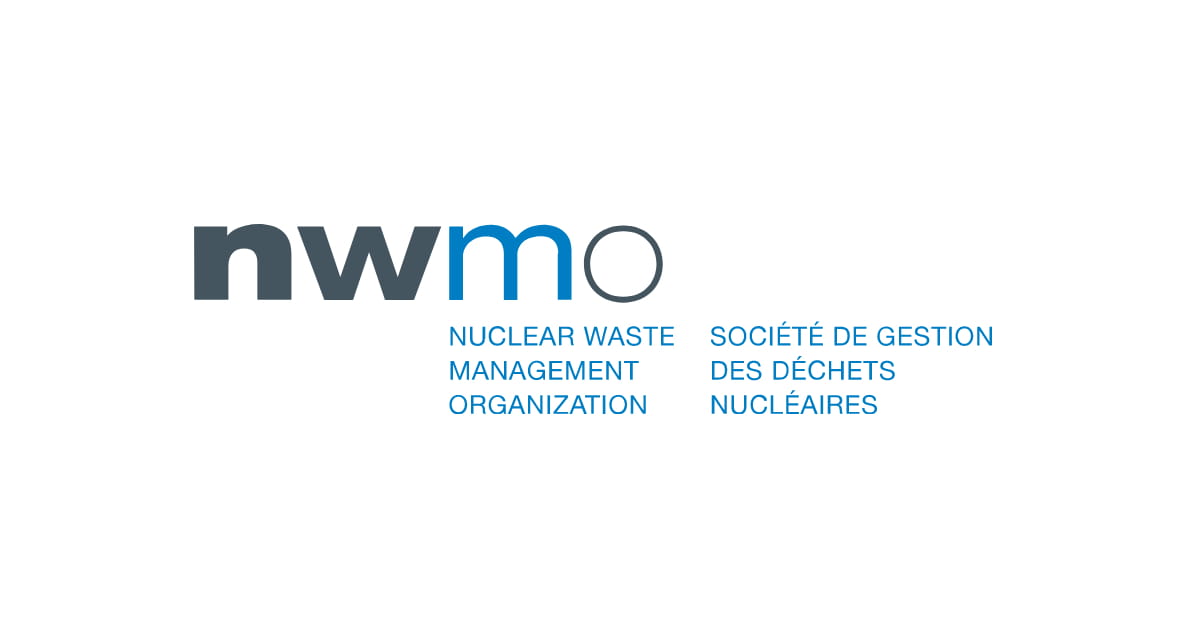TORONTO, May 1, 2004 – The Nuclear Waste Management Organization (NWMO) is proposing a way of assessing the options for the long-term management of Canada's used nuclear fuel. The framework - rooted in values and ethical considerations identified by Canadians, and the advice of technical experts - is outlined in Understanding the Choices, the second NWMO discussion document, released today.
At mid-point of the three-year NWMO study, the milestone discussion document advances dialogue about how Canada should manage its used nuclear fuel in the future by:
- reporting what the NWMO has learned from citizens and experts thus far,
- describing what the management options being studied might look like,
- outlining how the framework to assess them has evolved and,
- presenting a preliminary assessment of the approaches for public discussion.
After extensive engagement with experts, stakeholders and the public, and a preliminary assessment by a multi-disciplinary team, the NWMO says it is unlikely that a single technical method will perfectly address the values and objectives Canadians have said are important for managing used nuclear fuel. Trade-offs will have to be made. However, there is broad agreement on some fundamental ideas.
"No matter how difficult the dialogue, inaction is not acceptable to Canadians," said Elizabeth Dowdeswell, NWMO president. "Canadians have told us clearly that they are prepared to take responsibility for this waste that has been generated in meeting their energy demands. But, they don't want to close down options for future generations to change course if there are beneficial technical advances or shifting societal expectations."
Having narrowed the number of approaches it will study, the NWMO says there is still much work to be done before it can complete its assessment and develop its recommendations. The organization is inviting Canadians to comment on the methodology it is proposing to compare various management approaches and to consider the strengths and limitations of the different options. An active public engagement campaign will be conducted this fall, including a series of information and dialogue sessions in communities across Canada.
Understanding the Choices and the full Assessment Team report, Assessing the Options, are available for download: www.nwmo.ca. Also posted recently was Responsible Action, the report of a national citizen's dialogue on what is important to Canadians when considering the long-term management of used nuclear fuel.

